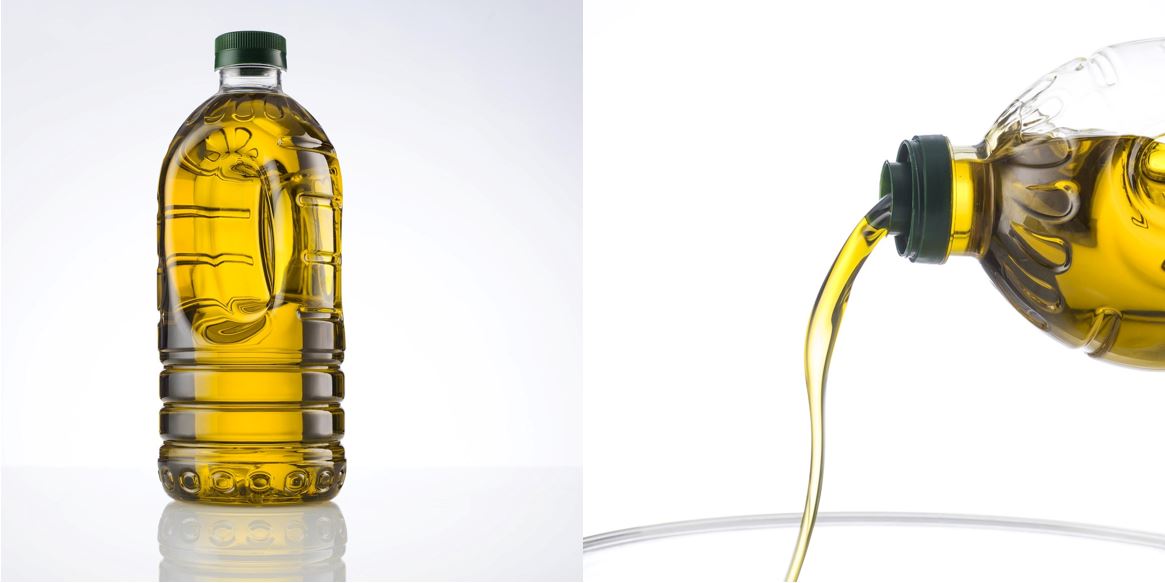Cooperatives and packers have shown in recent days, through different channels (public and administrative), their opposition to the draft bill that aims to prohibit, from January 2023, the extra virgin olive oil (EVOO) packaging in plastic.
The 160 million liters of extra virgin olive oil sold annually in a plastic bottle in Spain will have to stop using this material, turning to proposals more expensive, less sustainable, heavier and less practical packaging. The preliminary bill states that with this measure, the EVOO will be distinguished as a higher quality product. If that is their intention, they can not choose the means in a worse way.
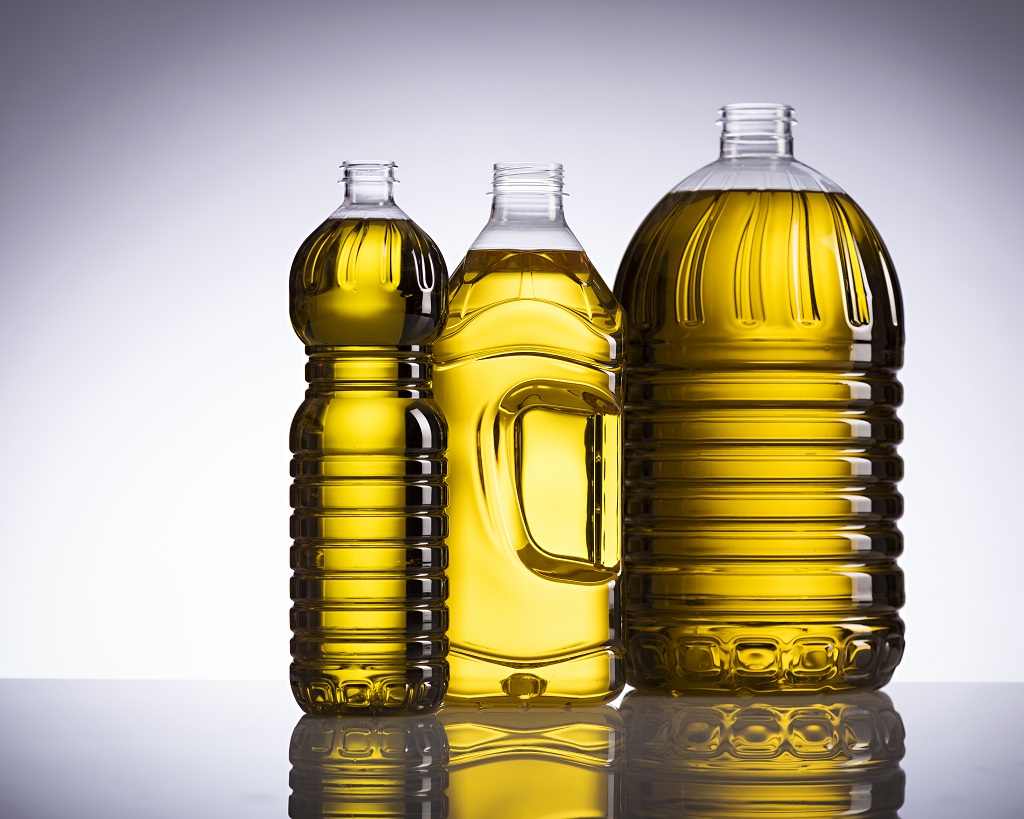
The fact of prohibiting the use of PET packaging for EVOO is a mistake, and the Spanish oil producers, raise, in unison, several questions:
1. Firstly, why should this measure only affect extra virgin olive oil, and not to other much more intensive cleaning or beverage products?
2. Secondly, there is a well-founded fear of making the product more expensive when changing the container, most likely to glass. This, without a doubt, will restrict the public that consumes it, throwing all the sector efforts to the ground so that EVOO is an essential ingredient in Spanish kitchens.
Did you know that the per capita consumption data of EVOO, referring to the period 2018-2019 in Spain, stands at 4.35 liters?
We leave you a link to consult more data from that period already analyzed: https://www.europapress.es/epagro/noticia-consumo-aceite-oliva-incrementa-espana-20200322190237.html
Data of the CCAA:
Cantabria repeats at the top of the ranking with 6.35 liters per capita, followed by the Basque Country, with 5.10 liters, and Andalusia, with 4.99 liters per person per year. At the bottom are the Balearic Islands, with 2.64 liters, Castilla-La Mancha (2.57 liters), the Canary Islands (2.52 liters) and Murcia, last with 2.35 liters per person per year.
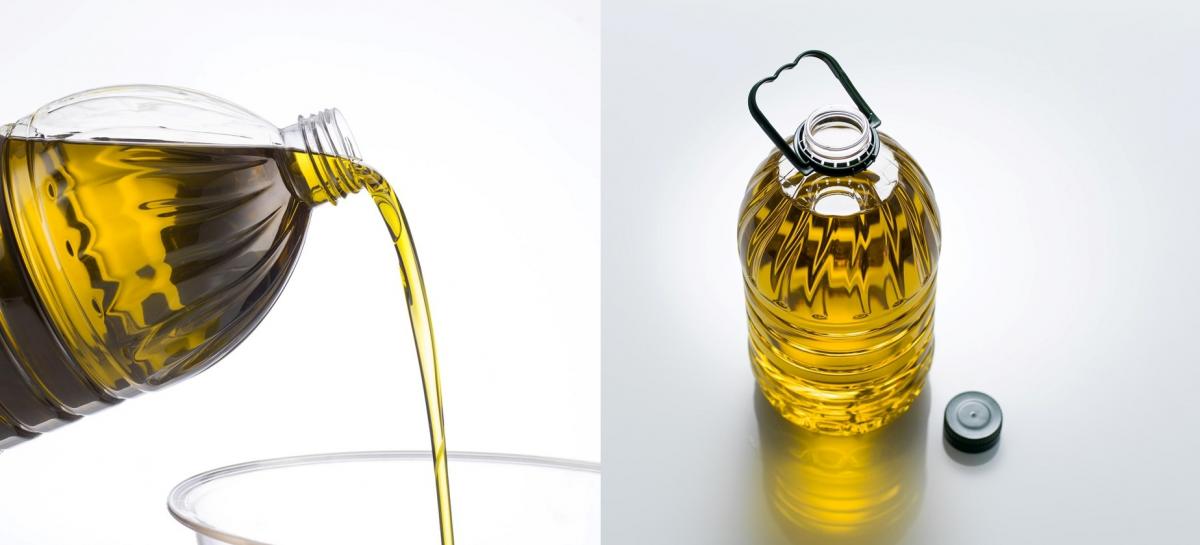
3. The National Association of Industrial Edible Oil Packers and Refiners (ANIERAC) insists that packaging in plastic or other materials has nothing to do with quality, and at Novapet we cannot agree more.
The quality depends on what is packaged, the treatment of the product, the level of protection that the continent confers, the quality of its clothing, care in the logistics chain, etc. And excellent quality can be achieved using glass, plastic or any other material that meets the required safety and hygiene standards. Both plastic and glass can meet those standards and maintain product quality. Banning the packaging of extra virgin in PET since 2023 would make Spain the only country in the world with such a measure.
Plastic, and particularly PET, is a material with multiple environmental benefits and is absolutely sustainable. In fact, many top-tier scientific studies agree that, considering the carbon footprint of both from cradle to grave, plastic is much more sustainable than glass.
ANIERAC calculates that if the impact on greenhouse gas emissions of plastic is 1, the same in glass is 2.3. Glass is not a bad container, but plastic has prevailed because it weighs less (twenty times less), is cheaper and more difficult to break. In addition, the melting of the first is done at 1,400 degrees compared to 300 of the second, which multiplies by four the electrical comsumption.
Many are the experts who have defended that PET does not harm quality or the environment and from Novapet we have insisted a lot on these figures and we already showed it when we shared the video of Professor Kim Ragaert, that we leave you here again.
On it, it is explained that the alternatives to PET are between 2 and 3.5 times more energy demanding, more voluminous and more generators of carbon dioxide emissions throughout their life cycle, according to this researcher.
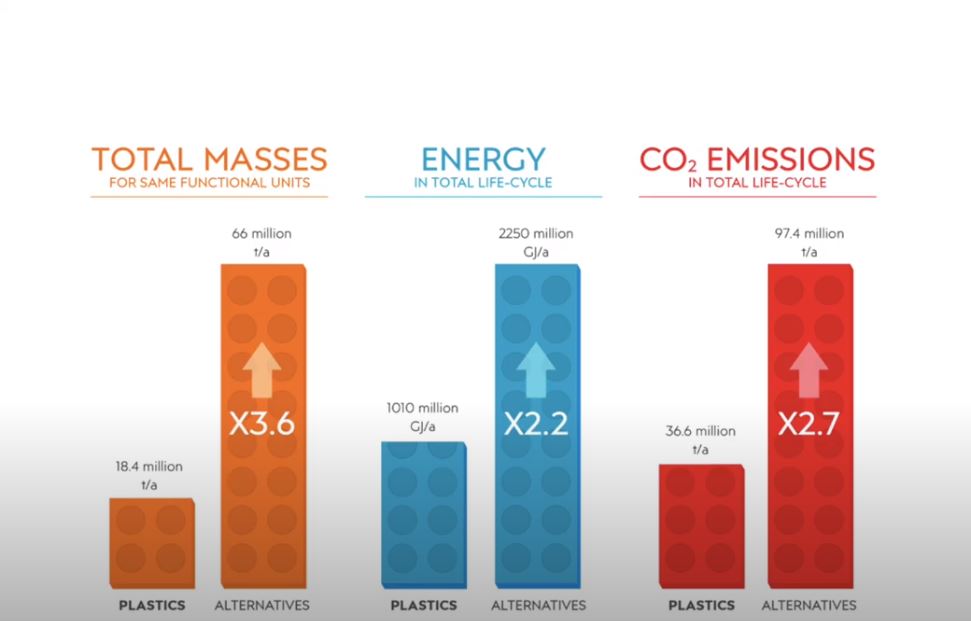
4. The greater volume and weight of glass bottles also affect the oil packaging capacity implanted in Spain, which would decrease by 30% compared to the current one; the greater weight of the glass would mean that each liter packed in glass would be added an additional half kilo, which makes logistics more expensive since transporting what is now done in a truck they would need four.
5. Spokespersons for the Spanish oil cooperatives, which bring together two thirds of Spain’s oil production, conclude on the use of plastic: “there should be no impediments to this type of format, given that they are absolutely essential to release a significant volume, more necessary now than ever.
With all these data on the table, at Novapet, we are clear that this measure is totally contrary to freedom of choice.
- First of all, for packers: Why don’t we let the producer choose the packaging system? The market, thus regulated, does not offer freedom of choice to producers or consumers.
- Second, for consumers. One of the most important categories of the market in oil packaging is being attacked: PET packaging. Without this type of packaging, for all the reasons explained above, a large part of society will be deprived of a super-food, which has become a substantial part of our diet and which defines a lifestyle: the one that WHO itself defines as our Mediterranean diet.
